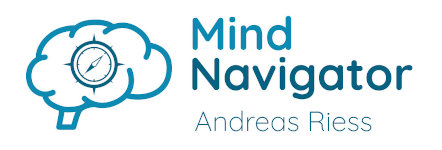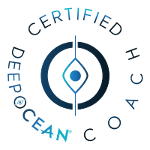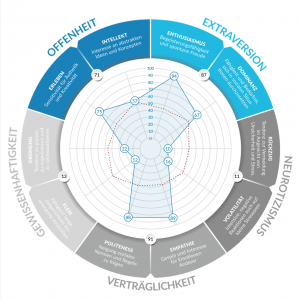The power of knowledge: How the Deep OCEAN personality profile can increase your mental strength
In today’s fast-paced world, mental toughness has become a critical attribute. It enables us to overcome challenges, manage stress and be successful in different areas of life. But how can we develop and improve our mental strength? One answer might lie in our own Deep OCEAN personality profile.
The Deep-OCEAN Model:
The OCEAN personality model, also known as the five-factor model, is a widely used tool in psychology to describe a person’s personality. It includes five main dimensions that form the basis of our personality:
- Extraversion: How sociable, talkative and energetic are we?
- Agreeableness: How friendly, cooperative and compassionate are we?
- Conscientiousness: How organized, disciplined and reliable are we?
- Neuroticism: How emotionally stable or reactive are we?
- Openness to experience: How creative, curious and open are we to new ideas and experiences?
The Deep-OCEAN model extends the Big Five model by dividing each of the five main dimensions into two sub-dimensions, resulting in a total of ten aspects. The ten aspects are:
Enthusiasm (Extraversion)
Dominance (Extraversion)
Empathy (compatibility)
Order (conscientiousness)
Diligence (conscientiousness)
Withdrawal (Neuroticism)
Volatility (Neuroticism)
Experience (openness to experience)
Intellect (openness to experience)
Ways to increase mental strength:
By understanding our own personality profile, we can gain a deeper insight into our personality and use our knowledge specifically to increase our mental strength. Here are some ways that can work:
1. self-acceptance: knowing our personality profile can help us to accept ourselves better. We realize that there is no „right“ or „wrong“ personality, but that we are unique. This self-acceptance is an important first step to mental strength.
2. self-reflection: we can better recognize and understand our strengths and weaknesses by analyzing our personality profile. For example, if we know we have a lower score in Extraversion, we can focus on developing social skills and stepping out of our comfort zone.
3. stress management: people with different personality traits tend to react differently to stress. When we know our neuroticism score, we can develop strategies to deal with stress, whether through meditation, exercise, or other proven techniques.
4. communication and relationships: Agreeableness and extraversion play an important role in our interpersonal relationships. By understanding our profile, we can adapt our communications to develop and maintain more effective relationships.
5. goal setting and motivation: conscientiousness is an important factor when it comes to setting goals and pursuing them. We can adjust the way we work and set goals to fit our personality traits.
6. personality growth: openness to experience can encourage us to learn new skills and develop personally. When we recognize our propensity for openness, we are more motivated to take on new challenges.
Knowing our personality profile is not only a tool for self-improvement, but can also deepen our understanding of others. By recognizing the differences in the personality traits of others, we can become more empathetic and effective in interpersonal communication.
Overall, knowing our Deep Ocean personality profile can go a long way in increasing our mental strength. It enables us to work specifically on our personal development and to use our skills and resources more effectively to successfully overcome challenges in our lives.



